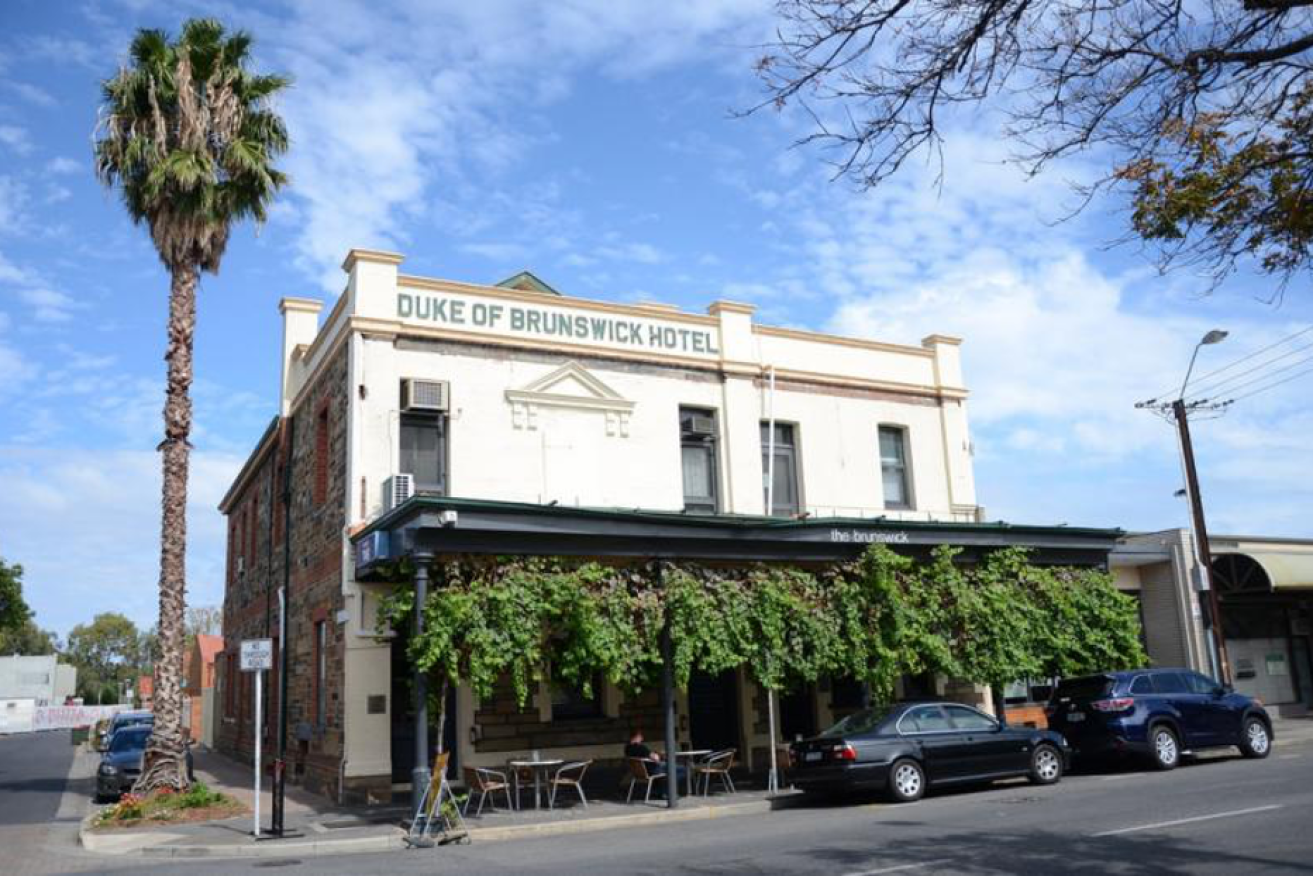SA businesses hit hard by labour shortages
More than half of South Australian businesses are experiencing labour shortages, with employees working longer hours to cover the shortfall, according to a BankSA report.

The BankSA research shows that 58 per cent of South Australian businesses are currently experiencing labour shortages, up by 12 per cent from October last year.
Businesses have cited the lack of skilled migrants from interstate as the main reason behind the shortage, however, there was also an increase in employees leaving to take up roles in other industries that offered better pay and more flexibility in working hours.
The survey shows 41 per cent of businesses had employees resign to take up opportunities elsewhere – up 8 per cent over the past four months.
BankSA state general manager business David Firth said shortages were impacting a wide range of industries.
“Recent record-low unemployment, along with ongoing impacts from the pandemic, is creating more movement amongst employees,” Firth said.
“The pandemic has been highly disruptive for employees, with changes to how and where work is done – bringing opportunities for some with their current employers, while others have decided to seek other opportunities.”
The impact of COVID was also noted as a significant factor putting pressure on businesses, as roughly half of workers indicated they had either contracted or been a close contact of someone with COVID, over the past two months. This has led to businesses requesting employees work longer hours, delaying the delivery of products and having more employees work from home.
Simone Douglas, the owner of the city-based pub the Duke of Brunswick, said she was finding it difficult to find staff.
“Both from a recruitment perspective in front of house and back of house, there is a severe shortage of qualified and experienced talent in the market, further compounded by close contact isolation rules in place up until recently,” Douglas said.
“It took me eight weeks to recruit an experienced bartender with solid product knowledge.
“Our core teams have all had to pick up additional shifts and hours further compounding pandemic fatigue.”
Competition for workers is also adding upward pressure to wages and prices, with 15 per cent of employees saying they have been given incentives to encourage them to stay.
Employees surveyed in the study stated that higher wages and better working conditions were significant factors behind the decision to move to different roles.
“Employees resigning to seek opportunities elsewhere and struggling to find suitable candidates are issues now being experienced by the majority of medium to large size businesses,” Firth said.
“Businesses are also competing on wages, and this is especially being felt by the smaller and medium-sized businesses.”
With labour shortages also contributing to supply challenges, businesses have emphasised the importance of upskilling the state’s existing labour force to meet future demand.
They also stated that initiatives to encourage South Australians to upskill to participate in future industries, as well as a greater focus on teaching STEM subjects in school.
“It’s the perfect storm of an industry exodus over the height of the pandemic, loss of international students and working holiday visa holders who traditionally backfill hours, and low numbers of skilled outputs through our own training providers,” Douglas said.
“Everyone has run the highs and lows and had to battle with their own mental health as a direct result.
“Now we need to re-establish what ‘normal’ looks like and help unpack the trauma of the last two years for both our staff and ourselves.”




